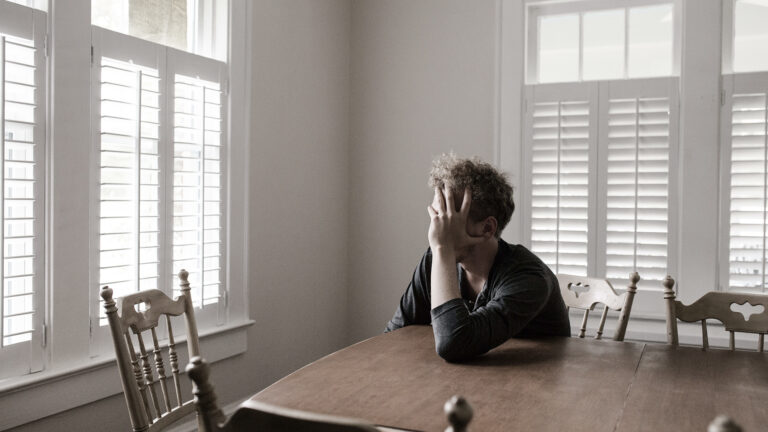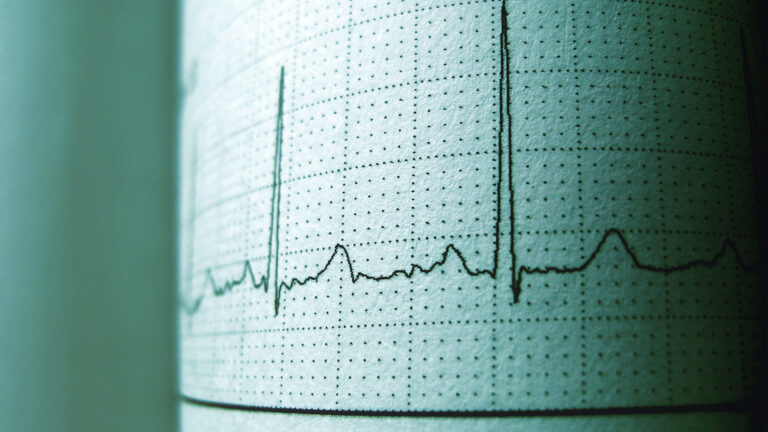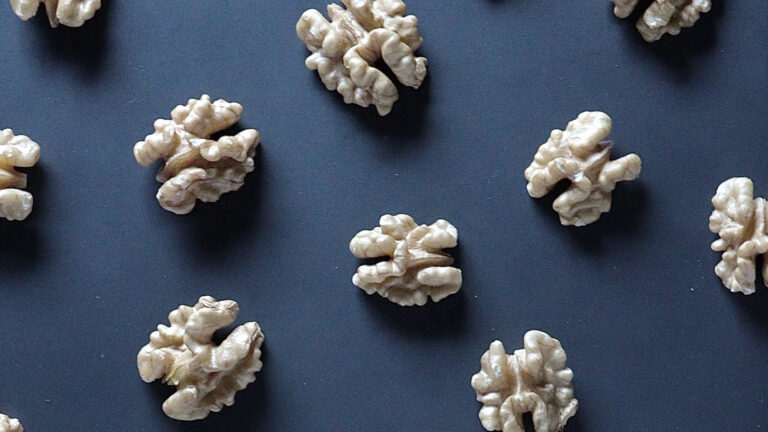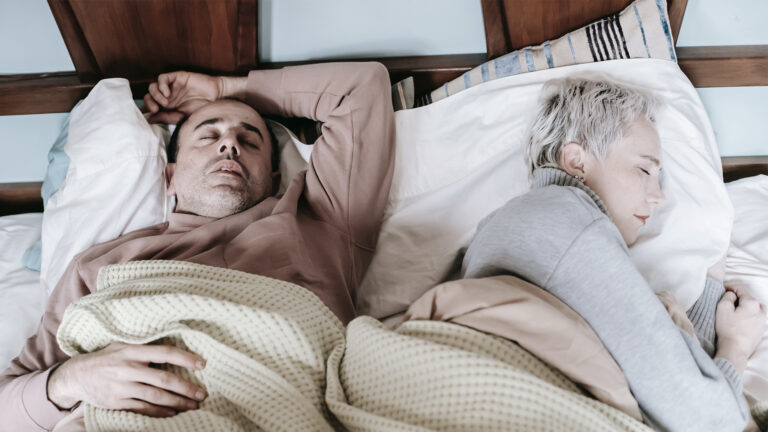What is Atrial Fibrillation? is the most commonly diagnosed form of arrhythmia. One in four of us will be diagnosed with AF
Read moreSymptoms of atrial fibrillation
The most common symptom is an unexplained shortness of breath, or becoming tired more easily after physical activity. Some patients also have difficulty concentrating, or find they need to use the bathroom more regularly. Whether your atrial fibrillation is constant, or periodic, the symptoms often vary significantly.
How To Check Your Pulse – it Could Save Your Life
Suspicion of atrial fibrillation can often be obtained simply by measuring the heart rate. Therefore, you should know how to check your pulse
Read moreAtrial fibrillation – From symptoms to treatment
Atrial fibrillation is by far the most common heart rhythm disorder. About one in four (25%) can expect to get atrial fibrillation
Read moreStress and Atrial Fibrillation
This article will cover the relationship between stress and atrial fibrillation as a risk factor for development and as a trigger of afib.
Read moreRisk of Blood clots and severe bleeding
Atrial fibrillation increases the risk of blood clots, as during an episode the atria is not able to properly drain and can cause blood clots
Read moreDifferent types of atrial fibrillation
There are three different types of atrial fibrillation: Seizure (paroxystic), Constant (persistent) and Chronic (permanent) atrial fibrillation
Read moreSymptoms of Atrial Fibrillation
symptoms of atrial fibrillation vary from patient to patient. Some are so mild that patients are unaware that they have atrial fibrillation.
Read moreWhat Are The Symptoms Of A Blood Clot In The Brain
The symptoms of a blood clot in the brain can often come and go from one second to the next - this makes it important to react quickly!
Read moreAtrial Fibrillation And Sleep Apnea
Obstructive sleep apnea is common in people with atrial fibrillation. Up to half of all people with atrial fibrillation also have sleep apnea
Read more







